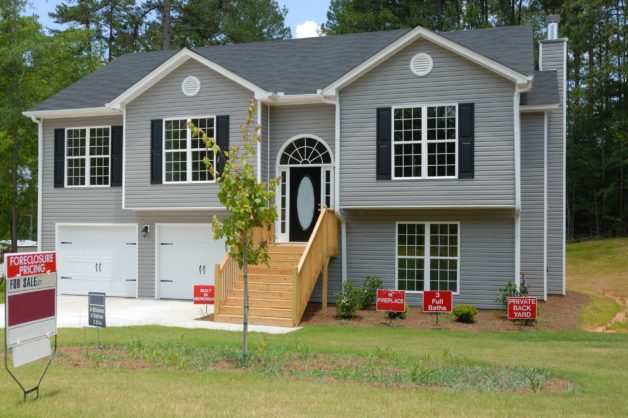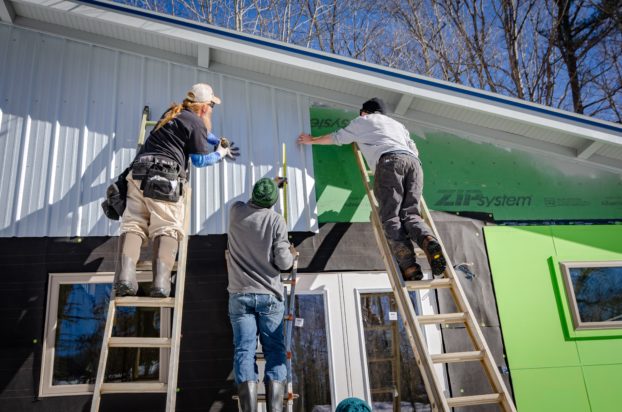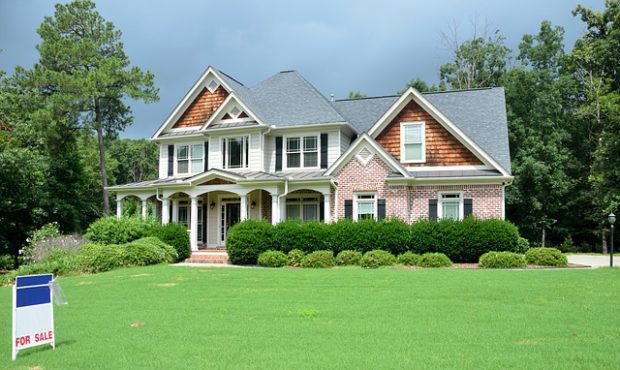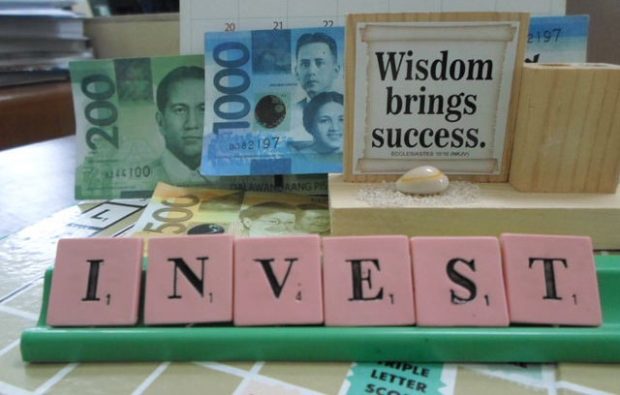What You Need to Know Before Investing In Real Estate

Once again, real estate has become a hot topic for potential investment. That’s no surprise. If you had invested at the bottom of the market in some major metropolitan areas 7 years ago, you’d be up on average about 65%. And in some areas much more. Buying investment property can bring in some very respectable returns.
But just as in any other investment, it’s not as simple as just throwing your money out there and raking in the profits. Becoming educated and doing your due diligence is essential if you want to avoid making costly mistakes. If you’re considering venturing into real estate, here’s some tips to keep in mind.
What Kind of Investor Are You?
There is no generic real estate investment. So one of the first questions to ask yourself is how you want to invest. Do you want to be a passive or active investor? Passive investing includes:
- Equity funds
- REITs (real estate investment trusts)
- Online real estate investment platforms (usually allow for smaller investments)
If those terms sound confusing, think of them as mutual fund type investments. In one form or another, your money is pooled with other investors and managed by a professional team. These are more like a “set it and forget it” way of investing.
On the other hand, you may be the kind of person who wants to be involved, maybe even get your hands a little dirty. If that describes you, some of your options include:
- House flipping, which usually includes updating and remodeling investment property
- Owning rental properties
- Owning and/or managing Airbnb-type rentals

Generally speaking, the potential for returns (profits) is higher in active investments. The downside is that there’s also greater risk. And, depending on how you set it up, possible management headaches.
Most of the buzz around real estate investing of late involves active investing.
What Kind of Investment Property Interests You?
If you decided to be an active investor, you’ll want to narrow your field of possible investment property down. Almost all successful real estate investors focus on a specific area of the market. Those include:
- Single family homes (this might also include a single condo unit within a larger complex)
- Multiple- family units (from duplexes to small apartment buildings)
- Commercial real estate
By far, the majority of new real estate investors begin with single family units, and many stay in that area. They’re more easily managed, in terms of any rehabbing required, rental management, and the ultimate resale.
Get Educated!
Real estate investing, especially active investing, is not something you want to jump into without a clear understanding of what it’s about. But don’t fall for the hype of the self-proclaimed “experts” who want to charge you hundreds or even thousands of dollars for their supposedly secret methods to getting rich.
There’s a ton of information online. Start there. Then, find a local real estate investors club. They’re in most cities. You’ll find a gathering of people just like you, learning and investing, and they usually meet weekly or monthly.
Have Realistic Expectations
Since the market crash a bit over ten years ago, the returns on real estate have been unusually good. Looking over a much longer span of time, residential real estate on average has returned about 10.6%. If you’re a fan of those house flipping TV shows, that may sound low. While it is possible to make substantially more on a given property, it’s not the norm.
Bottom line: If you buy for $100,000 and sell for $150,000, you’re NOT going to make $50,000. Check out my earlier article for an explanation of how that works.
Is Investment Property For You?
I’ve been investing in real estate for over 20 years now. It’s been quite good to me. But, make no mistake, it comes with its share of headaches too. If you’re willing to stick with it and learn, it’s not only profitable – it’s satisfying to know you’re part of providing someone a great place to live.



